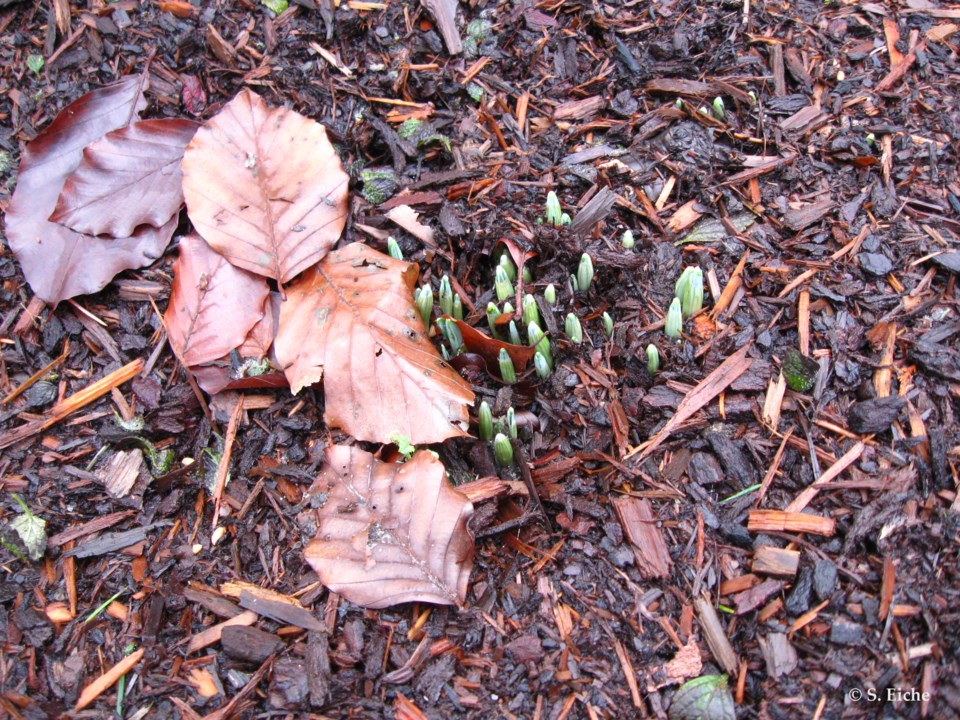Do you remember how you felt the first days of Covid-19, almost five years to the date? Did you feel disoriented? Panicky? Terrified? In disbelief? I did. I was constantly braced for the worst to happen.
Then one day in late March 2020 I rode my bike through the neighbourhood. It was sunny. It really did feel like the beginning of spring. The branches of the cherry trees were dabbed with pink. The birds were singing so passionately they might have been auditioning. Dogs seemed to have an extra bounce in their step. They were oblivious to the politicians and pandemics throwing the world into upheaval.
Right now we don’t have another pandemic on our hands, but we do have a tense political situation stretching across borders and around the globe. Emotions are running high. Canada’s government is in crisis mode, due in part to plans proposed by the incoming president of the US. The threat of high tariffs was deemed credible and it was unsettling. But the offer (or intention?) to turn Canada into the 51st state was initially brushed off as a bad joke, the kind that only someone like Trump would make. Yet the appalling joke keeps getting repeated, daily, together with others about the purchase of Greenland, the Panama Canal and even a name change for the Gulf of Mexico.
While all this has been happening, the nature outside in my garden and in the gardens of my neighbours has remained unfazed. It is blessedly unaware of the chaos. In fact, I’ve never seen the plants appear more exuberant in the middle of winter. We’re in the first half of January but the fuchsias keep on flowering as does the honeywort. My Matucana sweet peas are still blooming and presenting more buds wrapped in their sepals. The hot lips sage continues to bring forth flowers, even if they’re now smaller than they were a few months ago. The delightful ‘Winter Lemon’, a type of Arenaria Montana, continues to bloom and spread, by now completely covering the ground in front of containers planted with various mints. The nasturtium, growing at the back of the yard in a container with the poorest soil imaginable, will not stop making leaves.
What is there not to admire in the single-mindedness of nature? It simply wants to thrive. It doesn’t know or care about the problems created by us humans, problems that divide us, make us greedy, anxious, fearful, controlling, destructive, problems that are like millstones around our necks. We humans would surely benefit by learning from nature, by becoming a little more single-minded, in a positive way, of course.
On the last day of the year, I wrote an email to a friend, mentioning my relief at seeing the snowdrops poking through the bark mulch in my backyard. I’d been worried because I’d spread the bark mulch in a very thick layer. But the snowdrops showed me what an incredible urge they have to keep living. They can sense light through the darkest, thickest covers and they just keep pushing until they break through. In her email reply my friend wrote: “They could stand to be an example for humans to sense that there is light even through darkness. What an inspiration the tiny flowers could be!”
Sabine Eiche is a local writer and art historian with a PhD from Princeton University. Her passions are writing for children and protecting nature. Her columns deal with a broad range of topics and often include etymology in order to shed extra light on the subject.
📣 Got an opinion on this story or any others in Richmond? Send us a letter or email your thoughts or story tips to [email protected].
📲 To stay updated on Richmond news, sign up for our daily headline newsletter.
💬 Words missing in article? Your adblocker might be preventing hyperlinked text from appearing.



